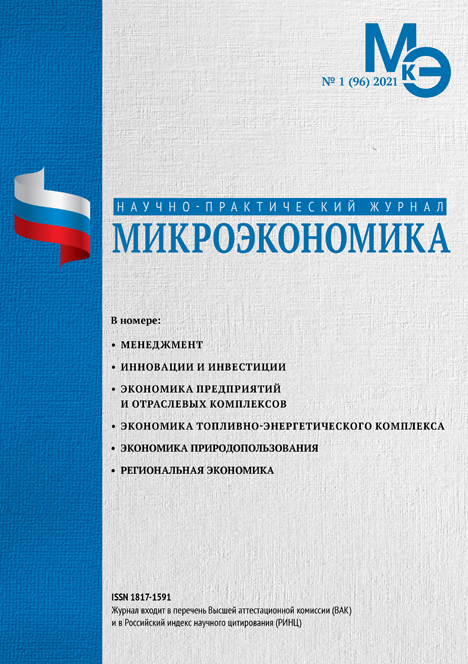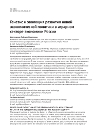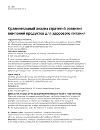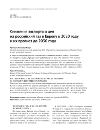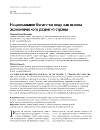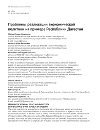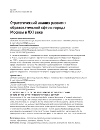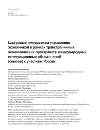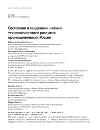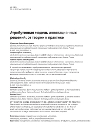Genesis and evolution of the development of a new Economic policy in the agricultural sector of the Russian economy
DOI: 10.33917/mic-1.96.2021.36-42
The research is aimed at studying the factors of influence of economic prerequisites on ensuring the country’s food security. The main stages of economic policy development are considered. In the course of the study, various factors affecting the development of the agricultural sector of the economy are analyzed.
Taking into account the relevance of these studies, the authors conclude that it is necessary to develop the principles of a new economic policy to improve the level of food security in the country.
Given the relevance of the problems we have considered for any region of our country, the proposed approach will be interesting in practical application in the field of state and municipal administration, the agro-industrial complex, and the economy as a whole.
In addition, estimation of evolutionary approaches excludes errors in the development of the agrarian sector of the economy, and the modern Genesis of the development of agriculture forms the basis of numerous scientist’s opinions and personal assessment of the authors of individual approach in the formation of innovative development stages of the new economic policy in the agricultural sector of the economy.


